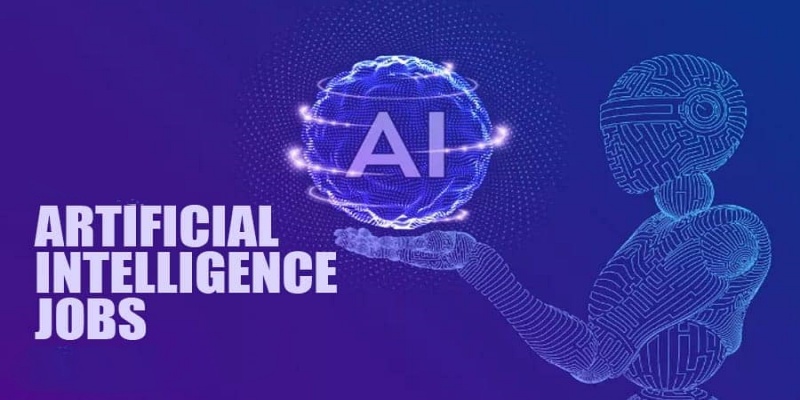AI Careers: The New Perspectives of Technology

With the rise of Artificial Intelligence (AI) and the explosion of generative AI such as ChatGPT, exciting new professions are emerging to meet the growing needs of this constantly evolving field. In a world where technology is rapidly transforming the way we live and work, AI professionals play an essential role in shaping our future.
Follow Anywr's in-depth exploration of these professions to better understand their impact on our society and the opportunities they offer technology enthusiasts.
The Prompt Engineer: The art of leading AI
Prompt Engineers, also known as Prompt Engineers, have been a trendy profession since the rise of generative AI, such as ChatGPT. They are essential for "whispering in the AI's ear", formulating effective questions to get the best answers. Using language tailored to each AI, they differentiate between the responses of different AIs, identify errors and minimize risks. Although there is as yet no officially recognized training program, some schools, such as École 42, are planning to integrate this discipline.
The Cognitician: The cognitive science expert
The Cognitician, acting like a detective in the service of AI, collects, observes and analyzes data to understand human thought and improve AI systems. Their findings are used to innovate and create more powerful and intuitive AIs, enhancing the user experience. A background in computer science, cognitive science or mathematics is often required.
The AI Character Designer: Bringing AI to life
AI Character Designers are responsible for creating fictional characters for voice assistants and other AI avatars. They shape the image, voice and behavior of these characters to make them customizable according to user preferences. With the rise of chatbots and AI avatars, this profession has a promising future.
The Human-Machine Team Manager: Facilitating collaboration
As AI becomes an increasingly important part of our lives, the Human-Machine Team Manager becomes essential to ensure effective collaboration between artificial and human intelligences. They are responsible for ensuring that all these "intelligences", whether artificial or natural, work in harmony.
The AI Ethics Specialist: Ensuring responsibility
The AI Ethics Specialist monitors how AI complies with ethical principles, such as privacy, diversity, fairness, etc. They assess the potential risks of AI innovations, contributing to the responsible use of technology. Several training courses in AI ethics are available, covering various fields such as philosophy, law, psychology and sociology.
The Chatbot Project Manager: Training the bots
The Chatbot Project Managers train bots to respond optimally to user needs, based on past interactions. They work in collaboration with developers, designers and AI experts to create realistic and effective Chatbots. A background in multimedia, IT or business is often required.
The Natural Language Processing Engineer: Creating conversational AIs
The Natural Language Processing (NLP) engineers develop programs that enable computers to understand and use human language. Their work can be seen in a variety of applications, from chatbots to speech recognition. Specialized university courses are available for those wishing to pursue this career.
These AI professions offer exciting prospects in a constantly evolving field. While predictions about the future of AI and employment are not infallible, one thing is certain: AI has the potential to boost the economy and transform the job market. For this to benefit everyone, innovation and adaptability are essential in the face of this technological transition.
By Bertrandt Delport,
Country Host, BT South Africa
